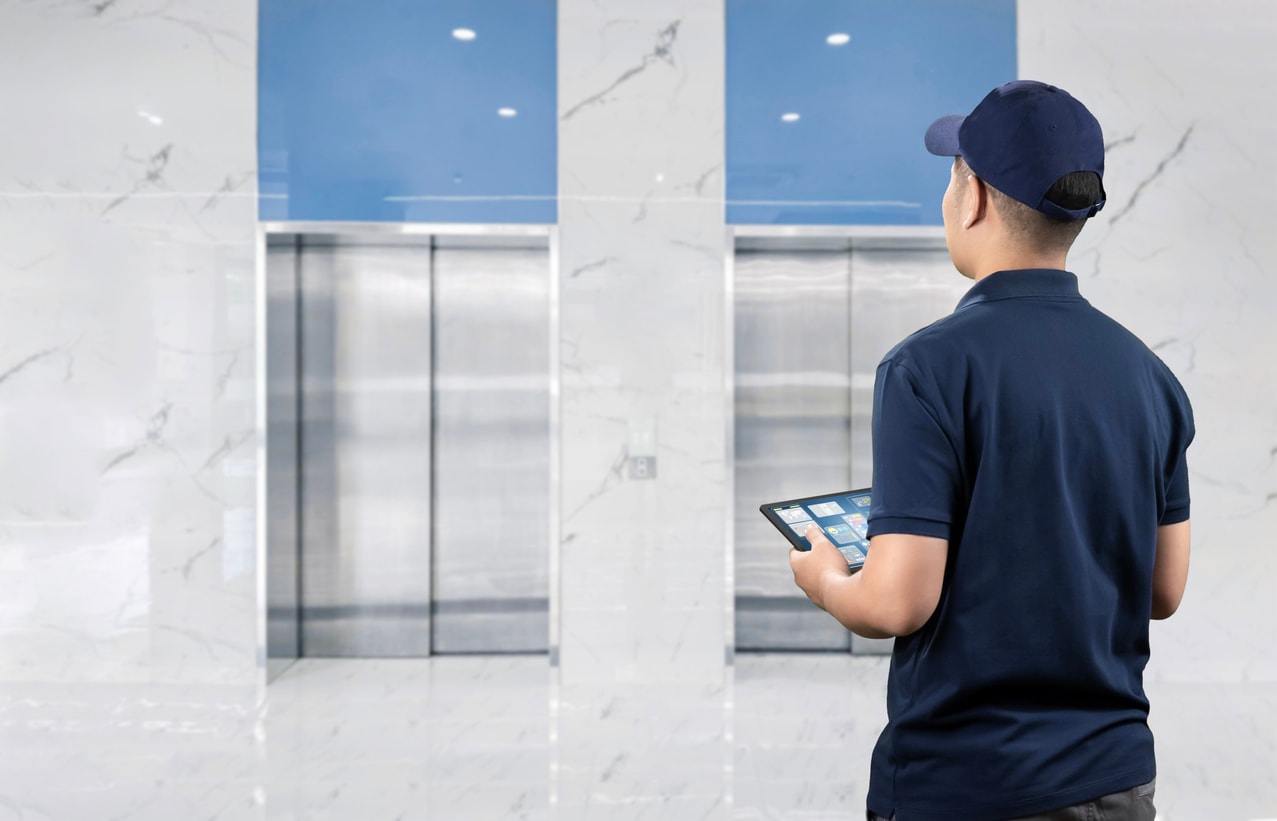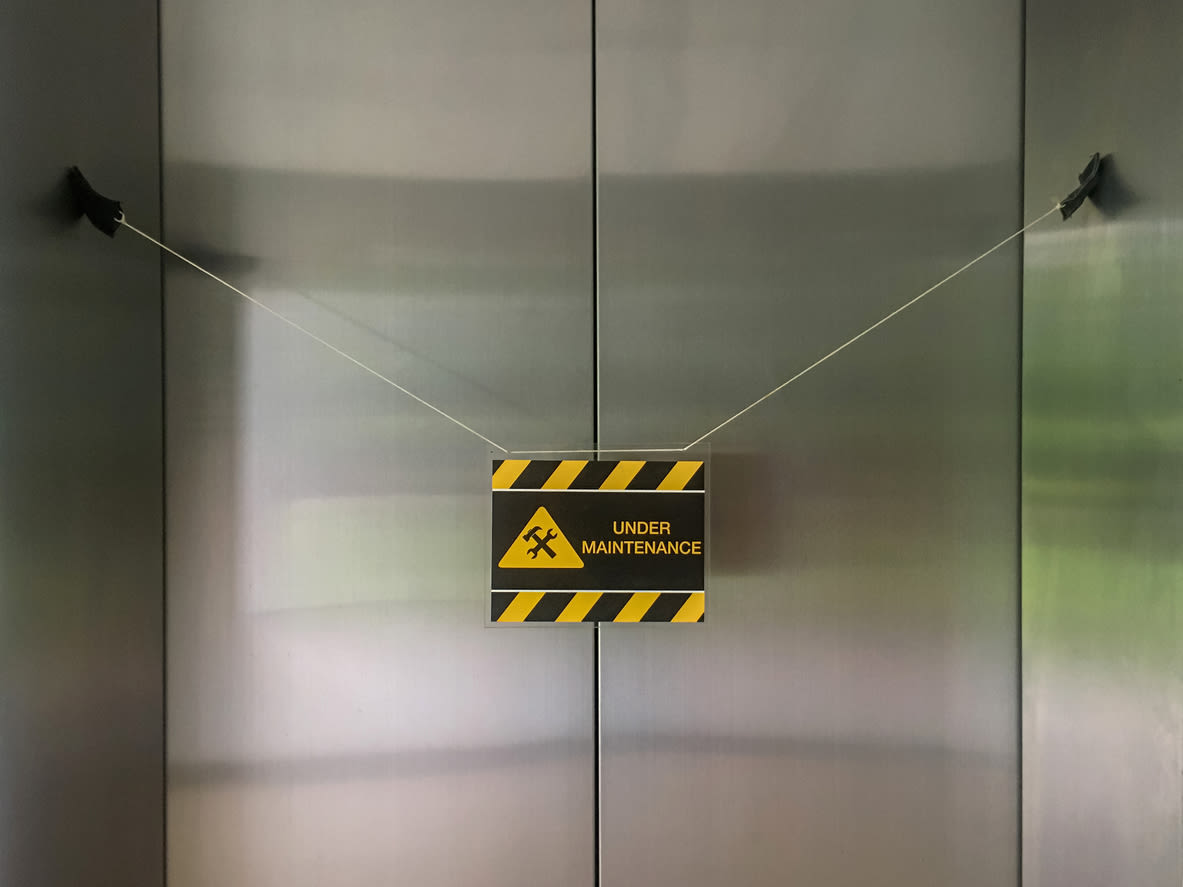How to Manage Elevator Vendors
Elevators are one of the places residents and guests see and use daily in a condominium association, apartment, or high-rise building. Unfortunately, elevator issues are inevitable, and they can be costly and cause serious frustrations. While elevator problems aren't the most pleasant, these tips will help improve your overall experience with your elevator service provider.
Tips to Make the Most of Your Elevator Vendor Relationship
Choosing the right elevator service company is important. Once you've found the best fit, use these tips to make the most of your elevator vendor relationship:
1. Read the contract.
In most cases, elevator contracts typically last around five to ten years. Because of this, it’s important to read your contract closely and know exactly what’s included. Be sure to ask your vendor these elevator maintenance contract questions so there aren't any surprises:
- How long is the elevator contract?
- What's included in the contract?
- What is your renewal process?
- What are the rates for monthly or hourly maintenance?
- How do you handle emergencies?
RELATED: 9 Questions to Ask Before Signing a Service Contract
2. Know exactly who to call.
If you do run into issues with your elevator, knowing who to call and how to report emergencies can save you a great deal of time. While research shows that only one of every 100,000 elevator rides gets stuck, if someone gets stuck in the elevator, calling 911 may be the best solution.

3. Build good relationships.
Because most elevator contracts are lengthy, it’s beneficial to have a good relationship with your elevator vendor or company representative. Your representative is your advocate, and oftentimes, if you have a strong relationship, you'll be given higher priority. Check in with your elevator vendor frequently, ask questions, and be polite in your interactions.
RELATED: 8 Steps to Choosing the Right Vendors for Your Community
4. Know when to inspect and how to record.
Your state, city, and vendor likely have elevator safety inspection protocols and requirements that you must fulfill. The American Society of Mechanical Engineers (ASME) recommends that elevators be inspected annually by a qualified inspector, and most states follow this recommendation. If you aren’t current on your inspections or don't have them on file, your elevator can be shut down. Make sure you know your city and state elevator regulations and make adjustments or repairs quickly.
5. Communicate with your residents.
Elevator issues are to be expected; however, having open communication can ease frustration and prove to residents that you're handling the problem. Contact your elevator service provider as soon as an issue is detected and promptly inform residents of the situation. In your resident communication, you should:
- Tell them that the elevator is down
- Assure them that the vendor has been contacted
- Give alternate instructions
- Provide a maintenance timeline

Other Building Maintenance Partnerships
A strong vendor relationship can make or break the success of your community. Partnering with a quality elevator vendor is important, but you should work with other vendors, too. Check out ten questions to ask your snow removal vendor now.
Elevator FAQs
How often should I communicate with my elevator vendor?
Plan to communicate with your elevator vendor monthly or quarterly for check-ins.
How long does it take to fix an elevator?
It depends. If you're experiencing minor issues, like a broken door sensor, it may only take a few hours. However, it may take weeks or months to resolve more complex problems that require special parts, testing, and calibration.
How often do commercial elevators need maintenance?
Commercial elevators often need maintenance about four times a year. Maintenance frequency is impacted by the usage volume, equipment age, elevator type, local regulations, and the service contract.
How long does a home elevator last?
A home elevator typically lasts 20 to 30 years. Commercial elevators have the same lifespan.